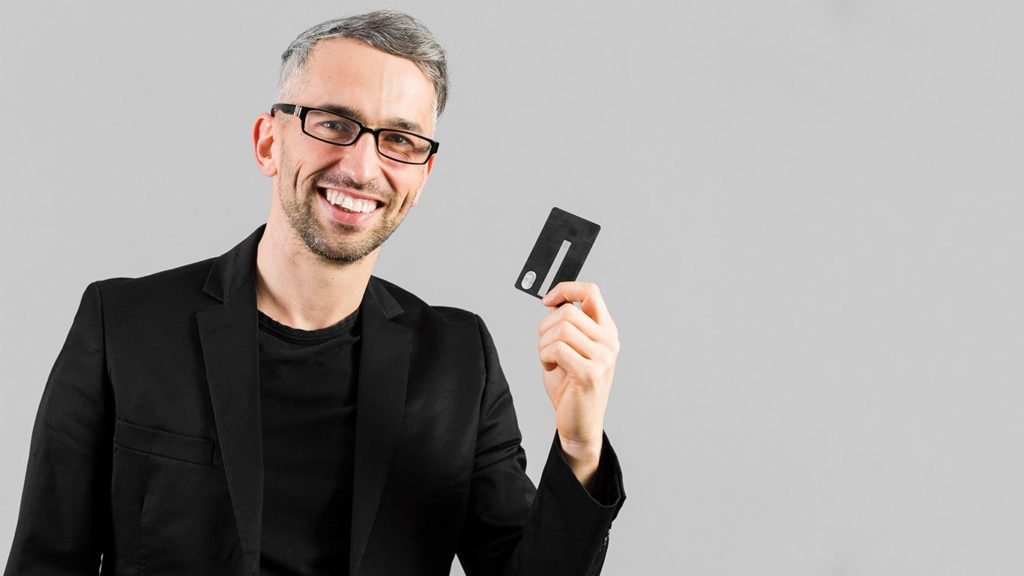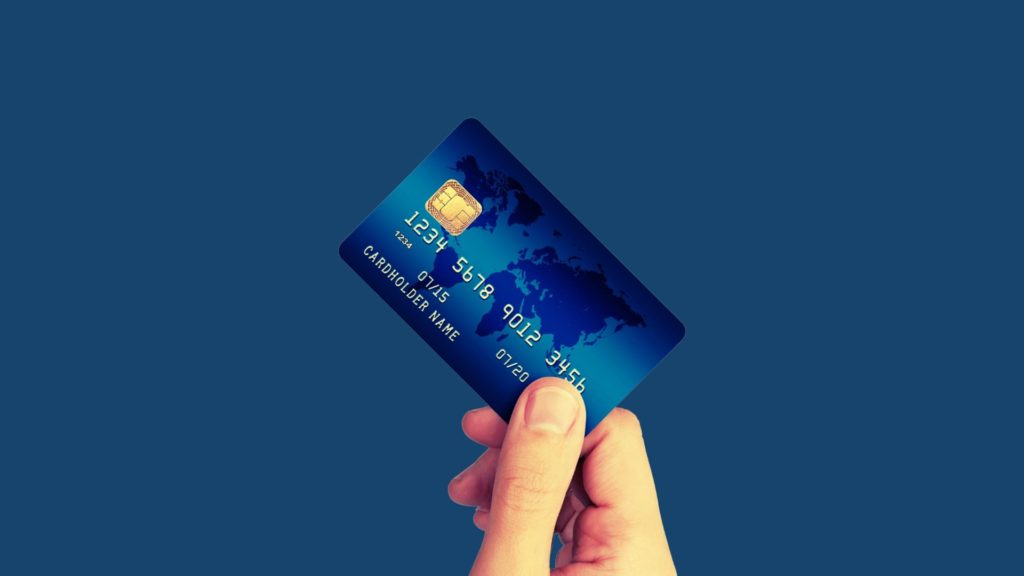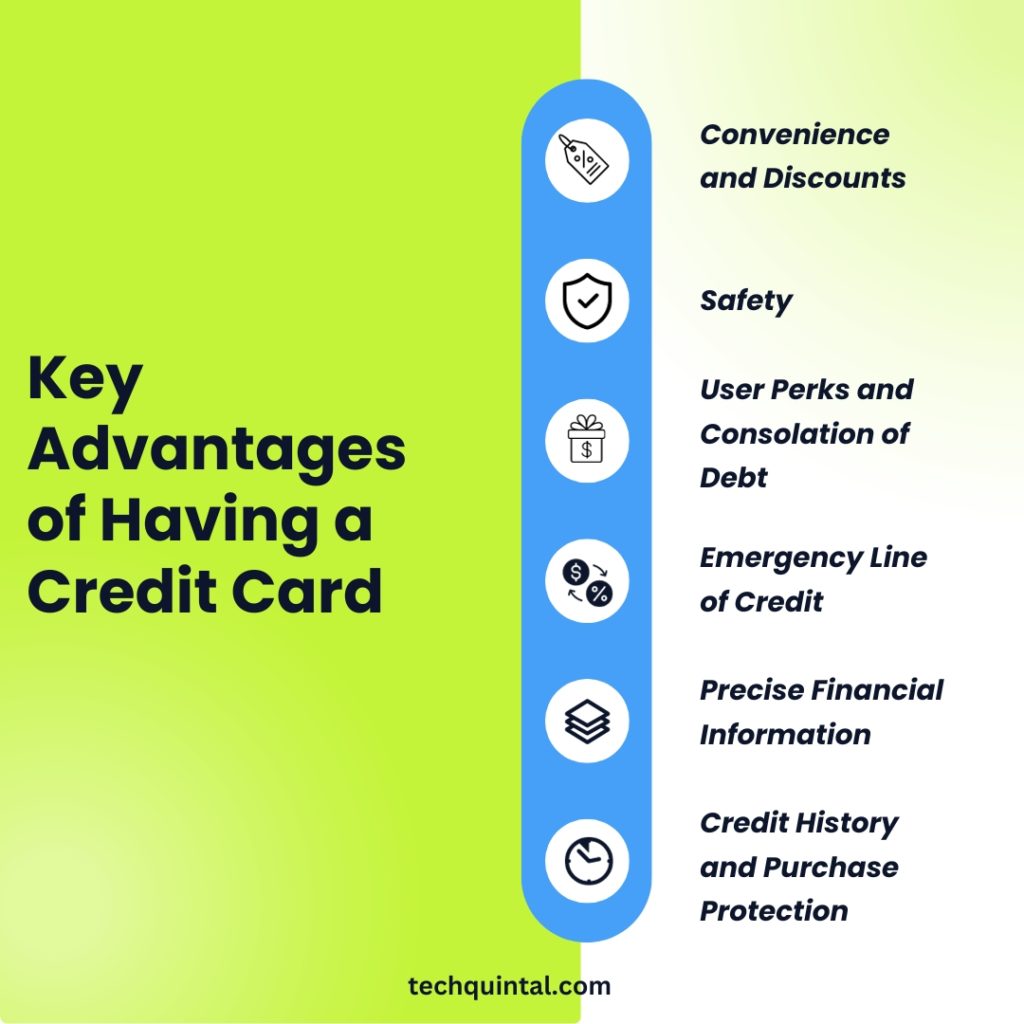
Looking into getting a credit card for the first time? Or, potentially, switching from a debit card? There are plenty of requirements before the banks let you borrow money. However, many people oppose getting a credit card in the first place. It’s a gray area, as you’ll soon realize. You see, to keep yourself from running into debt, you have to make payments in full regularly. If you are that responsible, you might start or continue using a debit card. However, there are other pros of credit cards that make owning one worthwhile.
Definition of a Credit Card
Not every plastic card you get from a bank is a credit card. You can get two types of cards from the bank. Those cards are Debit cards and Credit Cards. When you open a new bank account, you usually get a Debit card.

A Credit card has some perks over a debit card. You can use a credit card to borrow money directly from the bank itself. But you can borrow that money up to a certain limit to purchase items or get cash. When you use this card, the bank pays on your behalf, which makes you owe money to the bank.
All the expenses get combined at the end and you receive a statement at the end of the money showing all the transactions you have made. The statement will show how much money you owe and what is the minimum amount of payment you need to make to the bank.
If you fail to make the full payment, you may have to pay interest. However, borrowing money is not the only perk of having a credit card. You also get to enjoy rewards like cashback, points, etc., after each payment.
In short, a credit card is one of the best technologies in the banking sector that makes it easier to work with your money.
What are credit cards used for?
We all are aware of the main use of Credit cards. We know that credit cards are used to borrow money from the bank, but is there more to them? Let us have a look at some of the most common uses of Credit cards:
- Ease of Purchase: One of the best benefits of credit cards is how easy they make buying stuff. We do not have to keep cash around when we go out shopping. The credit card will pay for pretty much everything you buy, and it works almost everywhere.
- Building Credit: If you want to get a big loan from the bank in the future, then you must start thinking about it in the present. When you pay your credit card bills on time, it helps you build a good credit history. It shows the bank that you are a customer who pays on time, and it is not a big risk to lend you money.
- Extra Rewards: It is not always about getting money from the bank, but some extra rewards that help you save money. You get points when you use your credit card to buy things, that can be converted into extra cash.
The benefits of having a credit card are endless, but the grass is not always green. When you get a credit card, it can be tempting to overuse it, which can get you in trouble in the future. So, make sure you use it wisely to avoid any financial trouble later.
Here are the advantages and disadvantages of credit cards.
Advantages of having a credit card

1. Convenience
This is often the most convincing reason people sign up for a credit card. This can mean:
- You can stop carrying cash, thus making your wallet thinner and easier to carry around.
- Your purchases will be over in a jiffy – no need to hand out bills and wait for the clerk to give you the change. In fact, you can go to self-checkout counters and avoid interaction altogether.
- If you get stranded in an unknown town, you don’t have to look for an ATM to take out cash.
- If you are shopping online, you can have things delivered to your doorstep. Additionally, having a credit card allows you to pay for insurance, security deposits, travel, housing, or food reservations.
2. Safety
Once again, this can apply to multiple things:
- You’re much less likely to lose a credit card than a wad of cash.
- Even if you accidentally wash the credit card, have it fall into a dirty pond, or onto the ground, the damage will be almost insignificant, if any occurs.
- You’ll feel safer walking around with a single plastic card than a wallet stuffed with cash.
- If you get mugged, have the credit card stolen, or you lose it, reporting the issue to the bank can get it disabled within seconds. Even if the person made a withdrawal, the transaction can be refunded back to you.
3. User perks
As a sign-up bonus, as well as during the time you use the credit card, you often gain member-only benefits. Those are popularly called reward credit cards and can come in the form of gift cards, store credit, cashback on every purchase (or certain purchases), as well as air miles and loyalty points that lead up to a reward at a certain level.
4. Emergency line of credit
If you get into a high-interest debt and become diligent with paying on time, you’ll not only get the interest waved off, but also get interest-free time periods as a reward for good behavior. That makes the possibility of buying now, and paying later, far too addictive. Additionally, having a credit card can allow you to spread out a large purchase into multiple monthly payments.
It’s also useful in the case of an emergency, especially medical or housing, potentially saving your life until you can afford to pay off the given credit. Additionally, hotels, motels, car or equipment rentals require you to leave a credit card number on top of cash, in case of damages they need to charge you for.
5. Precise financial information
If you find yourself wondering “Where did all that money go?” and the paycheck is too far away, credit cards are perfect for you. You can get an entire payment history in seconds, and not only in your native currency! Credit cards allow you to pay in any currency of any country that has that card accredited. The bank itself might also send you a yearend summary to help with taxes or your personal record keeping.
6. Credit history
Paying on time, in full, and borrowing more builds not only your reputation but your official credit score number too. With that, any banks that search for your name feel at ease and are even incentivized to lend you more and offer better loan terms. That means you can buy expensive things without paying upfront. Think cars, boats, houses, or even businesses – provided you can keep paying monthly.
7. Purchase protection
We mentioned the history log of every transaction you ever made or received. That gives you solid proof and even a full refund in case of a merchant error or dispute, a defective product or service, a money-back guarantee, or when you were scammed.
8. Consolidation of debt
There are balance transfer credit cards that allow you to transfer the debt from one account to another, often with very little or no interest. Although not logical for many people, banks would rather return some of the money they borrowed, than keep you on the hook as a repeat customer rather than cutting you off.
9. Discounts
Many banks offer discounts when buying from specific brands or stores as an incentive to use their credit cards. In contrast, others have reward benefits regarding travel insurance or other protections that major airlines offer as part of your airfare cost. Car rental companies are also known for extra perks – beyond just lower prices – if you book using their partner program (e.g., Hertz Gold Membership).
Disadvantages of getting a credit card

1. Easy to get tempted & high-interest rates
Having no sense of “pain of spending money” makes it easy to purchase things you don’t need or might not even want, and just start overspending and living a life you can’t afford. This is the looming con of using a credit card. If you don’t pay the debt on time, and the interest rates are incredibly high, often higher than 20%, you get more and more in debt with each passing month.
2. Monthly or yearly fees and surcharges
Besides direct debt, you are also forced to pay different types of fees, such as when you exceed your credit limit, withdraw or deposit cash, get cash in advance, transfer funds from one account to another, pay late, or pay with a credit card abroad. Don’t forget things people rarely understand the meaning of, such as over-limit fees or returned payment fees.
4. Ruining your credit history permanently
If you have or had a terrible credit score with one bank, it will come up when you start looking for a new loan. Even if you manage to crawl out of debt, the new lenders will be reluctant to borrow money. The worst-case scenario is sinking into debt deeper and deeper, never recovering your credit score. That way, you never get a chance to get a new loan with better terms to pay off your old one.
5. Scammer’s playground
Credit cards, since they can be used abroad and drained of funds quickly, are a prime target for scammers. Through social engineering, phishing, skimming devices, keyloggers, malware, ransomware, or even plain old deception, they can rob you blind and leave you penniless.
6. Increased risk of identity theft
In addition to getting scammed outright, credit cards are also a big target for hackers and data thieves. In fact, their very existence makes it easy for criminals to access your personal information in the first place. Thus, if you care about your privacy and security online – or even offline – using a credit card can actually make these things worse.